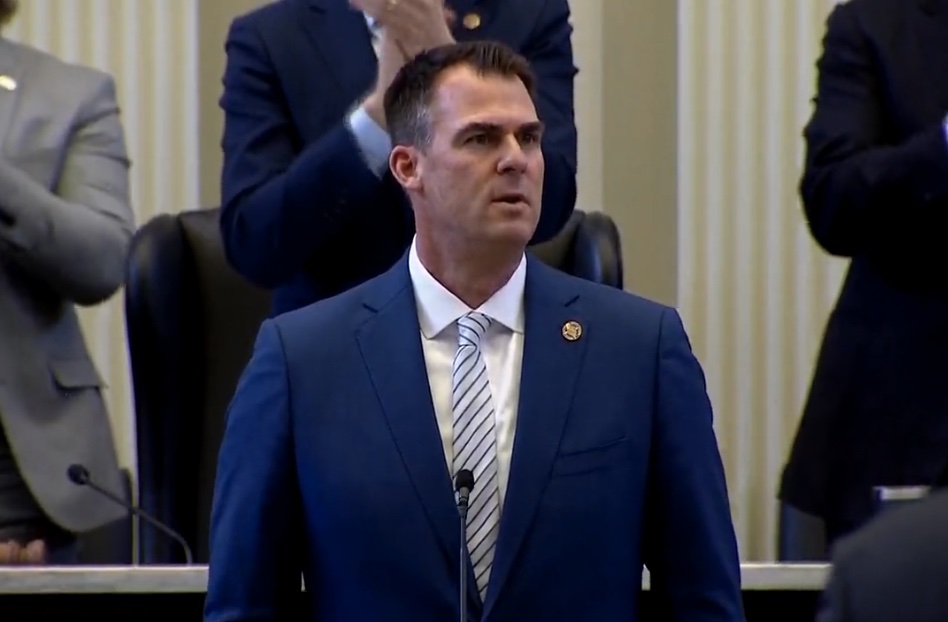Equal opportunity, not equal outcomes: Gov. Stitt bans DEI at Oklahoma universities
Oklahoma Governor Kevin Stitt signed an executive order Wednesday restricting DEI activity in higher education.
“In Oklahoma, we’re going to encourage equal opportunity, rather than promising…

Oklahoma Governor Kevin Stitt signed an executive order Wednesday restricting DEI activity in higher education.
“In Oklahoma, we’re going to encourage equal opportunity, rather than promising equal outcomes,” Stitt said in a press release. “Encouraging our workforce, economy, and education systems to flourish means shifting focus away from exclusivity and discrimination, and toward opportunity and merit.”
The executive order stipulates no state funding can go to so-called “diversity, equity and inclusion,” or DEI, programs that give “preferential treatment based on one person’s particular race, color, sex, ethnicity, or national origin.”
It also forbids state agencies and colleges from mandating such training or requiring job applicants to provide or agree with DEI statements, or mandating people to disclose their pronouns.
State lawmakers proposed a similar resolution earlier this year. State Rep. Justin Humphrey, R-Lane, accused Oklahoma colleges of “shaming and shunning any students that do not toe the DEI and leftist line.”
A report from February revealed state universities have spent over $83 million on DEI programs and staff over the last decade; $10 million alone was spent during the 2022-23 school year.
“Diversity is an asset that shouldn’t be abused to advance a political agenda,” Stitt said of his executive order. “We’re taking politics out of education and focusing on preparing students for the workforce.”
Several organizations praised Stitt’s order – including the Independent Women’s Forum’s Center for Economic Opportunity, the Catholic Conference of Oklahoma and the American Conservative Union.
Despite the superficial positivity of “diversity” and “inclusion,” DEI programs have actually become centers of racial discrimination.
For example, Dr. Tabia Lee, a black DEI director in California, was fired from her post for refusing to ignore antisemitism on campus, as well as other perceived failures to promote racialization on campus. Lee was told she wasn’t “the right type of black person” and was even accused of harboring white supremacy.
Even prior to the Israel-Hamas conflict, Lee’s colleagues refused to denounce antisemitism because “Jews are white oppressors, and we’re decentering whiteness here.”
As a result of such affronts across the nation, many red states such as Wisconsin and Iowa are likewise moving to eradicate DEI in public education.



